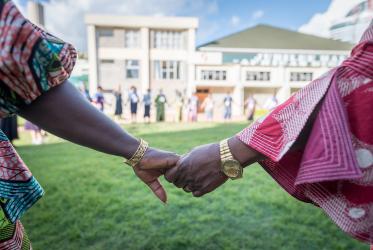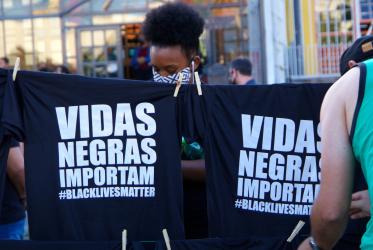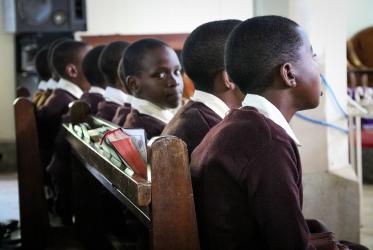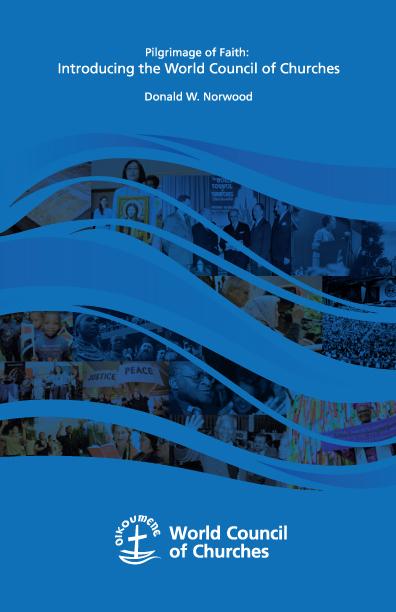Displaying 1 - 18 of 18
ACT Alliance general secretary: “equity is not negotiable”
26 September 2023
Celebratory event discusses Black leaders’ contributions to WCC
06 September 2023
Ukraine: Responding to humanitarian need
08 September 2022
Webinar explores intersection of debt cancellation and anti-racism
09 December 2021














